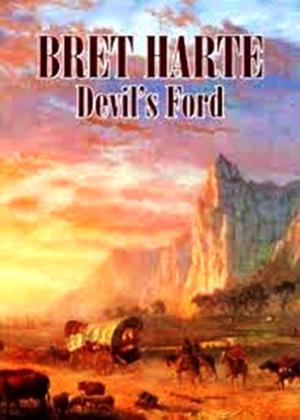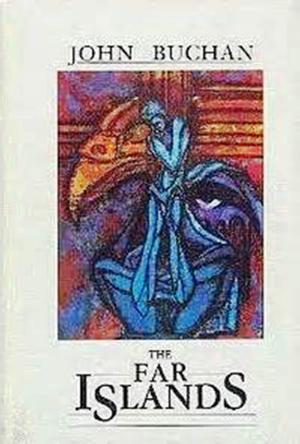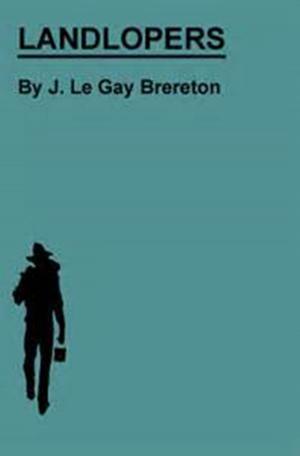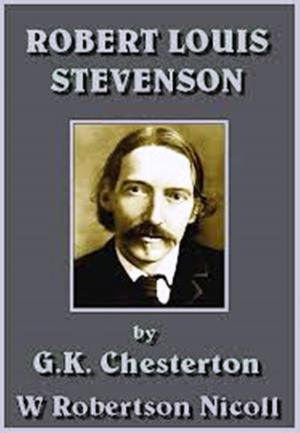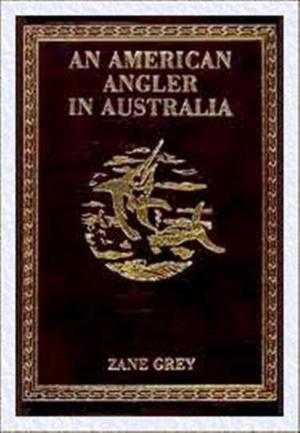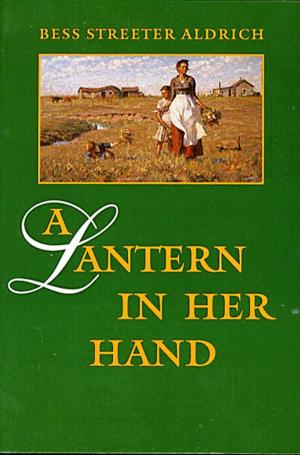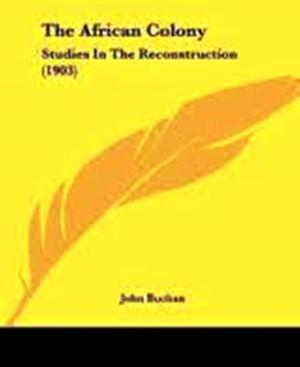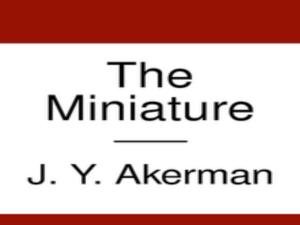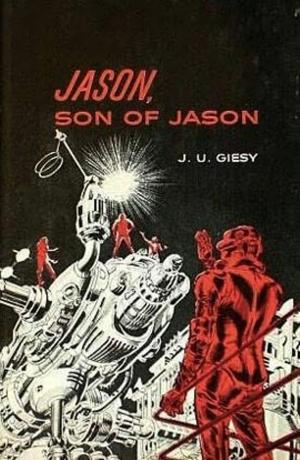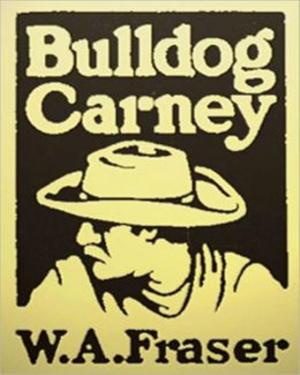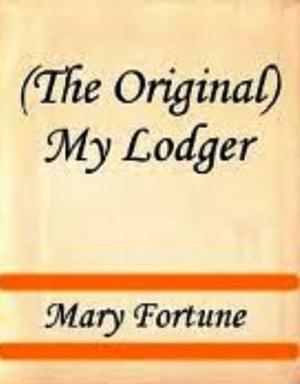| Author: | J S Fletcher | ISBN: | 1230000157612 |
| Publisher: | WDS Publishing | Publication: | August 4, 2013 |
| Imprint: | Language: | English |
| Author: | J S Fletcher |
| ISBN: | 1230000157612 |
| Publisher: | WDS Publishing |
| Publication: | August 4, 2013 |
| Imprint: | |
| Language: | English |
Pippany Webster, handy-man and only labourer to Abel Perris, the small
farmer who dragged a bare living out of Cherry-trees, the little holding
at the top of the hill above Martinsthorpe, came lazily up the road from
the village one May afternoon, leading a horse which seemed as fully
inclined to laziness as Pippany himself. Perris had left home for a day
or two, and had apportioned his man a certain fixed task to accomplish by
the time of his return: Pippany, lid it so pleased him, might have
laboured steadily at it until that event happened. And for the whole of
the first day and half of the next he had kept himself to the work, but
at noon on that second day it was borne in upon him that one of the two
horses, which formed the entire stable of the establishment, required
shoeing, and after eating his dinner, he had led it down the hill to the
smithy near the cross-roads in Martinsthorpe. There, and in the kitchen
of the Dancing Bear, close by, where there was ale and tobacco and
gossip, he had contrived to spend the greater part of the afternoon. He
would have stayed longer amidst such pleasant surroundings, but for the
fact that supper-time was approaching.
It was difficult, looking at man and horse, to decide as to which most
suggested helplessness and incompetence. The horse showed itself to be a
poor man's beast in every line and aspect of its ill-shaped, badly-fed
body, in the listless droop of its head, in its ungroomed, rough-haired
coat, in the very indecision with which it set down its oversized,
sprawling feet. It had a dull, listless eye, the eye of an equine
outcast; there was an evident disposition in it to stop on any
provocation, to crop the fresh green of the grass from the broad
stretches of turf on the wayside, to nibble at the tender shoots of the
hedgerows, to do anything that needed little effort. It breathed heavily
as it breasted the hill, following the man who slouched in front, his
head drooping from his bent shoulders, his lips, still moist and sticky
from the ale he had drunk, sucking mechanically at a foul clay pipe. He
was a little more fully attired than the scarecrows in the neighbouring
fields, but there was all over him the aimlessness, the ineptitude, the
purposelessness of the unfit. His old hat, shapeless and colourless,
shaded a face which suggested nothing but dull stupidity, and was only
relieved from utter vacancy by a certain slyness and craftiness of
expression. He shambled in his walk, and his long arms, the finger-tips
of which reached below his knees, wagged and waved in front of him as he
forged ahead, as though they were set loose in their sockets, his small,
pig-like eyes fixed on the few inches of high-road which lay immediately
before his toes. From the foot of the hill to its crest those eyes were
never lifted.
Pippany Webster, handy-man and only labourer to Abel Perris, the small
farmer who dragged a bare living out of Cherry-trees, the little holding
at the top of the hill above Martinsthorpe, came lazily up the road from
the village one May afternoon, leading a horse which seemed as fully
inclined to laziness as Pippany himself. Perris had left home for a day
or two, and had apportioned his man a certain fixed task to accomplish by
the time of his return: Pippany, lid it so pleased him, might have
laboured steadily at it until that event happened. And for the whole of
the first day and half of the next he had kept himself to the work, but
at noon on that second day it was borne in upon him that one of the two
horses, which formed the entire stable of the establishment, required
shoeing, and after eating his dinner, he had led it down the hill to the
smithy near the cross-roads in Martinsthorpe. There, and in the kitchen
of the Dancing Bear, close by, where there was ale and tobacco and
gossip, he had contrived to spend the greater part of the afternoon. He
would have stayed longer amidst such pleasant surroundings, but for the
fact that supper-time was approaching.
It was difficult, looking at man and horse, to decide as to which most
suggested helplessness and incompetence. The horse showed itself to be a
poor man's beast in every line and aspect of its ill-shaped, badly-fed
body, in the listless droop of its head, in its ungroomed, rough-haired
coat, in the very indecision with which it set down its oversized,
sprawling feet. It had a dull, listless eye, the eye of an equine
outcast; there was an evident disposition in it to stop on any
provocation, to crop the fresh green of the grass from the broad
stretches of turf on the wayside, to nibble at the tender shoots of the
hedgerows, to do anything that needed little effort. It breathed heavily
as it breasted the hill, following the man who slouched in front, his
head drooping from his bent shoulders, his lips, still moist and sticky
from the ale he had drunk, sucking mechanically at a foul clay pipe. He
was a little more fully attired than the scarecrows in the neighbouring
fields, but there was all over him the aimlessness, the ineptitude, the
purposelessness of the unfit. His old hat, shapeless and colourless,
shaded a face which suggested nothing but dull stupidity, and was only
relieved from utter vacancy by a certain slyness and craftiness of
expression. He shambled in his walk, and his long arms, the finger-tips
of which reached below his knees, wagged and waved in front of him as he
forged ahead, as though they were set loose in their sockets, his small,
pig-like eyes fixed on the few inches of high-road which lay immediately
before his toes. From the foot of the hill to its crest those eyes were
never lifted.

